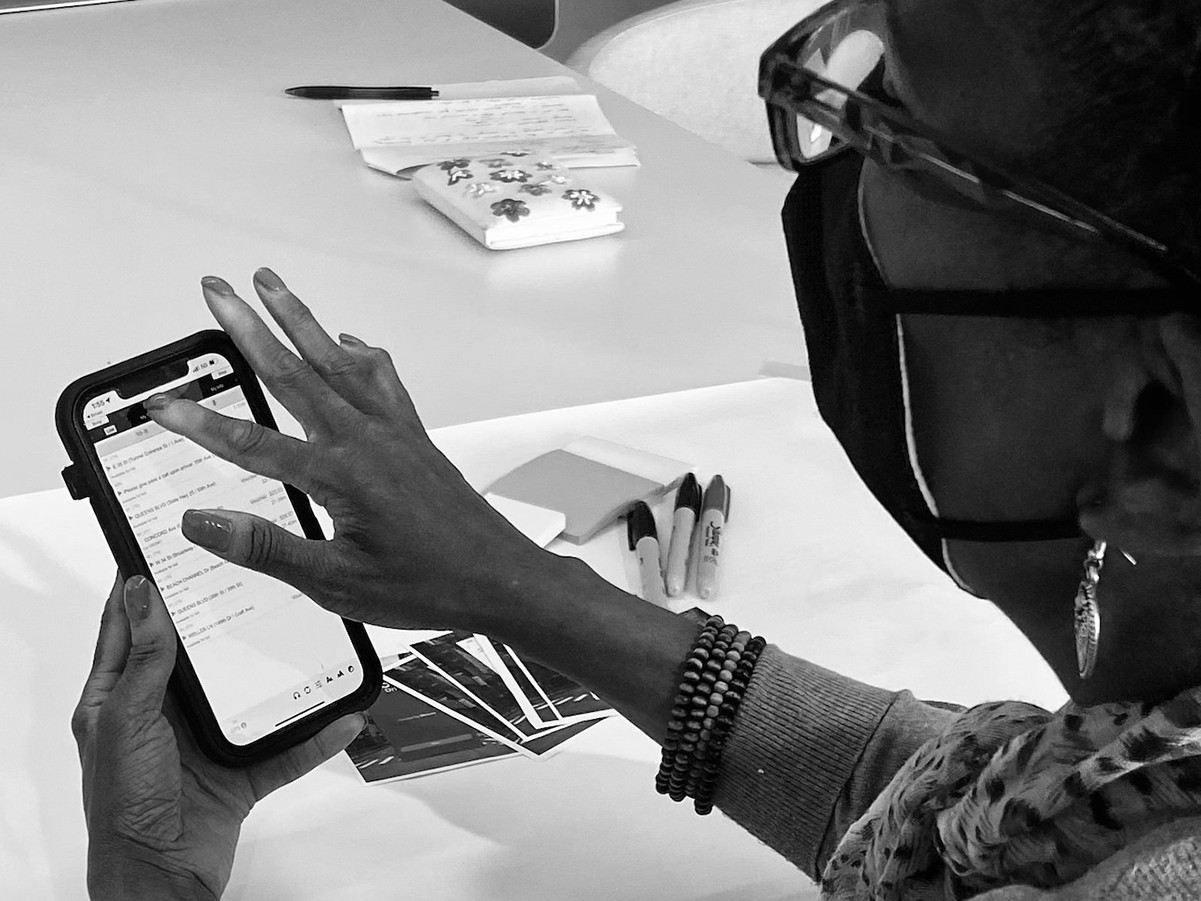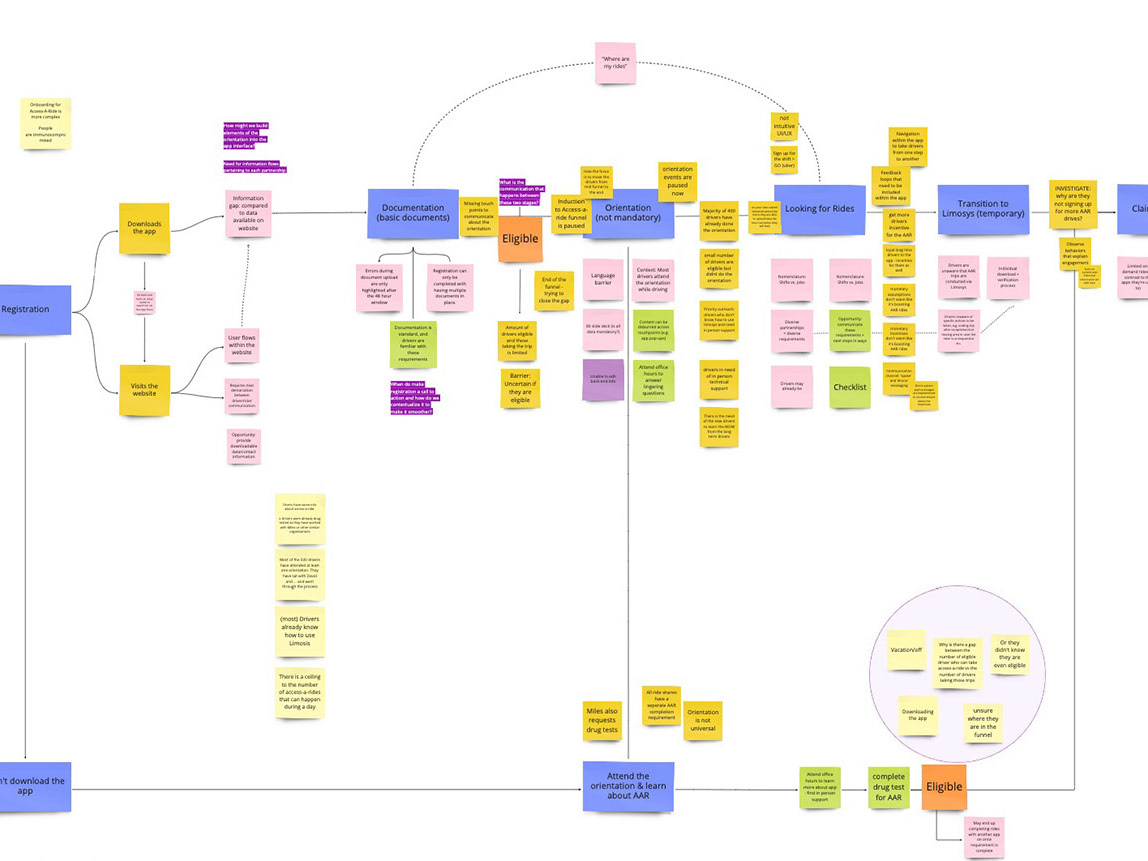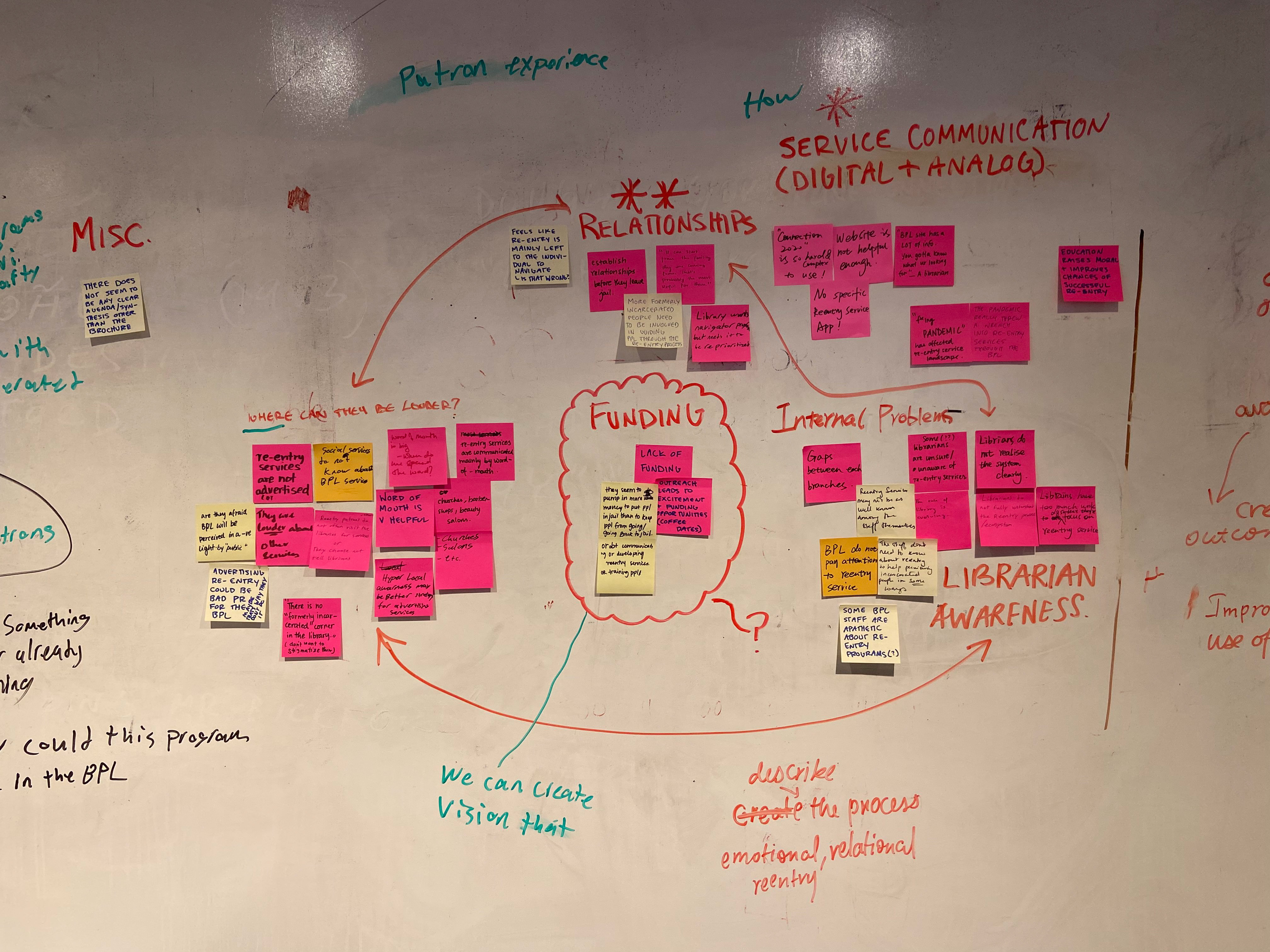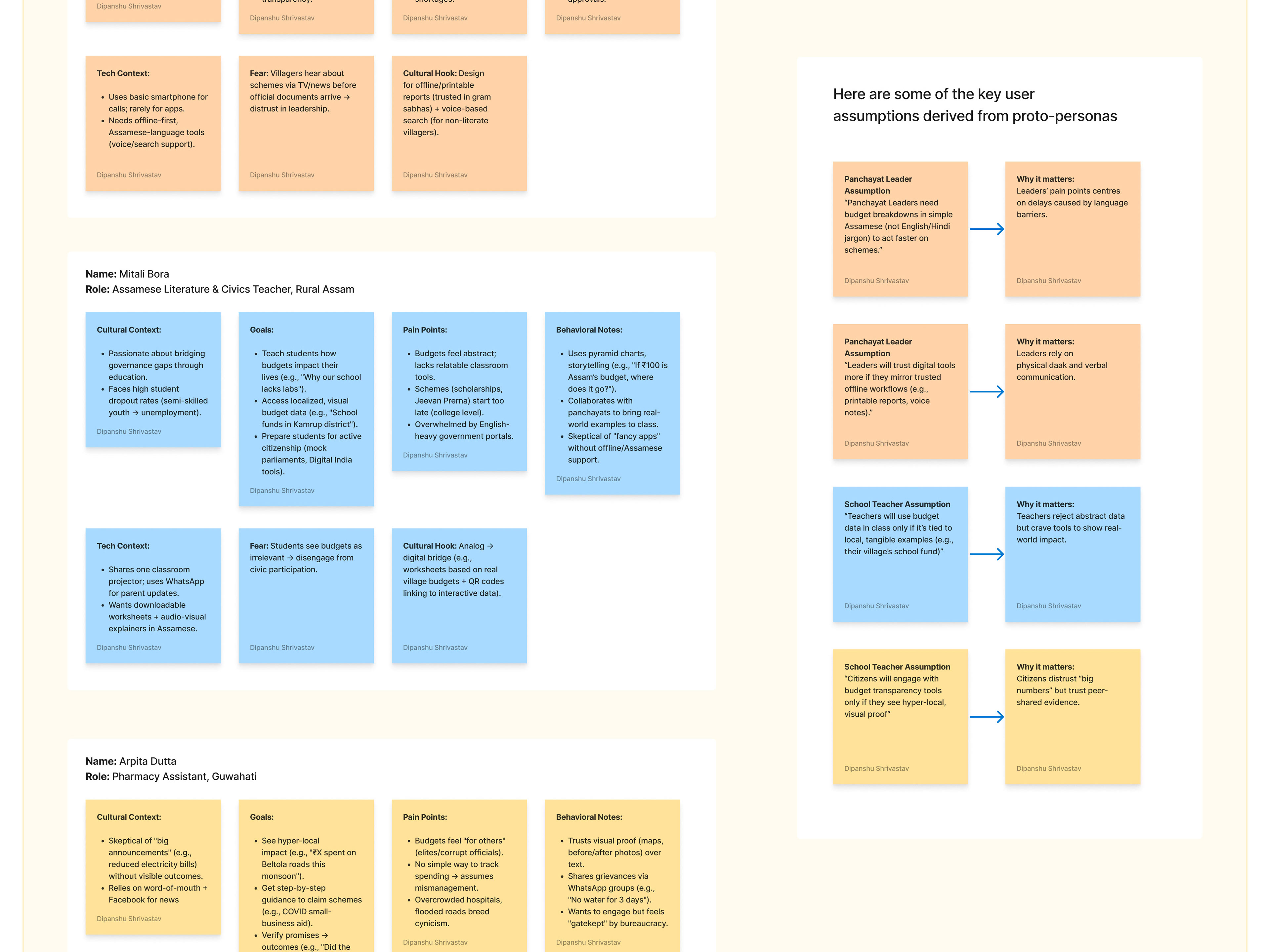Mosaic Care: A Speculative Design Exploration into the Metaverse
What could the elderly miss out on in the metaverse? and What are we overlooking as we build digital futures?
SCOPE: Mosaic Care is a speculative design project exploring how the elderly might be excluded from the evolving metaverse. We aimed to provoke discussions around the inequalities that could arise, focusing on aging populations in China, Korea, and India.
ROLE: Collaborating with Jungmin Lee and Wen Wang, frm Parsons School of Design, I conducted research, designed prompts, and created speculative artefacts. I focused on UX/UI design for both the exhibit and the digital platform, contributing to the conceptual framework and facilitating user interviews.
PROBLEM: As immersive technologies like the metaverse develop, certain groups—particularly the elderly—may be left behind. Our project questioned how aging populations might be affected and what aspects of their lives, such as care, social interaction, and physical experiences, could be compromised or overlooked in a virtual world.
OPPORTUNITY: By imagining a future where the elderly engage with the metaverse, we explored alternative and equitable digital care systems that address their specific needs. This project sought to initiate conversations about how technological advancements might either widen or close social inequalities.
RESEARCH: We conducted interviews with middle-aged individuals in China, Korea, and India to gather their perspectives on the metaverse. We explored their hopes and concerns, particularly regarding social interaction, privacy, and safety in virtual spaces. Skepticism was common, especially regarding the lack of physical experiences and concerns about data privacy.
INSIGHTS: Key insights from the interviews included:
Skepticism about Social Interactions: Interviewees questioned the authenticity of relationships and interactions in the metaverse, expressing concerns about how meaningful connections could be formed digitally.
Privacy Concerns: Many were wary of how their personal data and privacy would be handled in such a highly immersive and connected virtual world.
Physicality and Sensory Gaps: The absence of tactile and sensory experiences in the metaverse was a significant concern, particularly for the elderly who might depend on these physical aspects of care.
IDEA: We created speculative objects designed to provoke thought about the future of digital care systems in the metaverse. These artefacts encouraged viewers to question how the metaverse could address—or fail to address—the needs of aging populations.

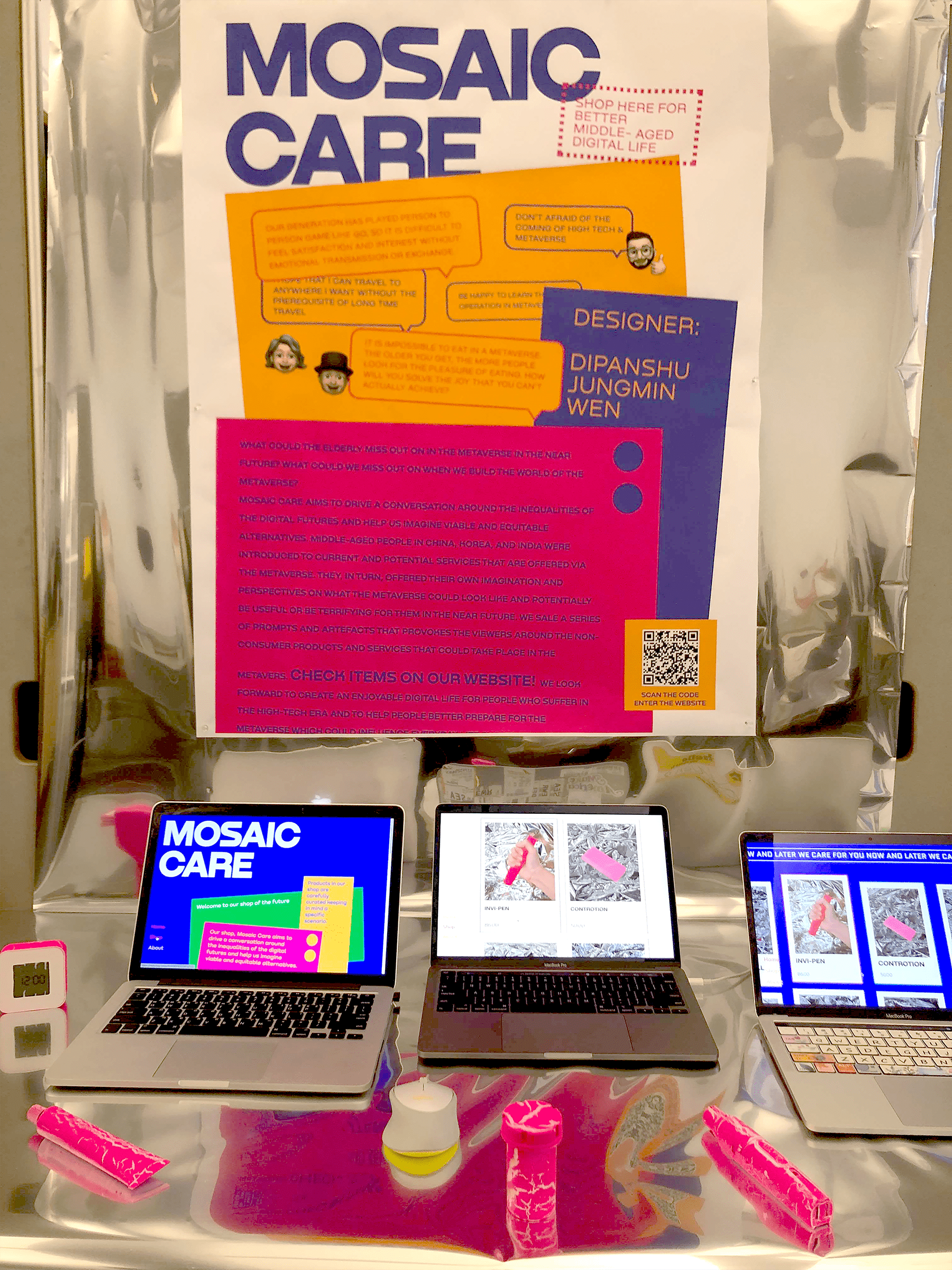

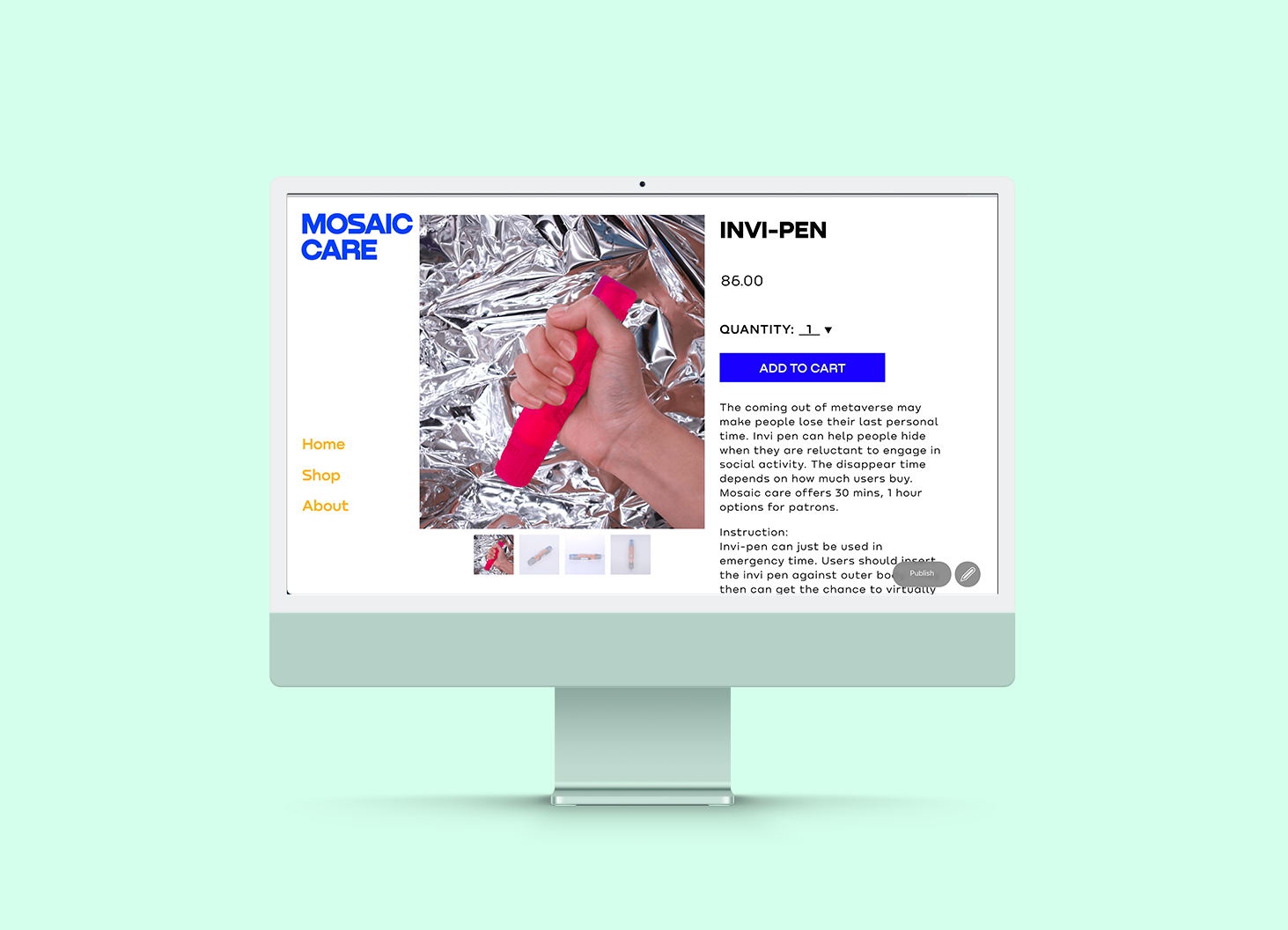

CONCLUSION: Mosaic Care offers a speculative exploration of how the elderly might navigate the metaverse. Through satirical artefacts and thought-provoking narratives, we highlighted potential inequalities as technology advances. The project fosters a broader conversation about the intersection of technology, care, and equity in a digital future.
By inviting participants to share their perspectives and fears, we uncovered key concerns about privacy, safety, and the absence of physicality. These insights informed the design of exaggerated artefacts, provoking reflection on a digital future that may be closer than expected. Ultimately, Mosaic Care encourages us to consider the ethical implications of technology and the need to build a more inclusive and supportive metaverse, particularly for those most in need of care.
